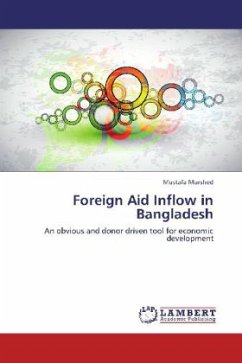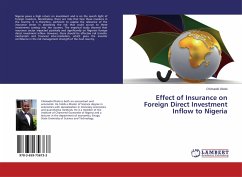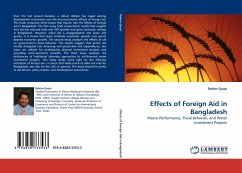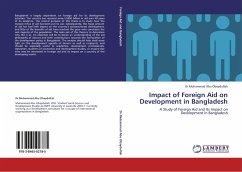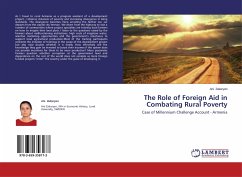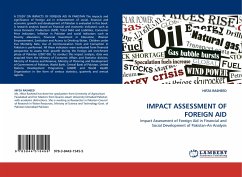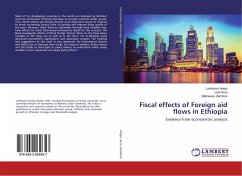Foreign aid is an essential part of public financial management. Bangladesh, a typical LDC significantly depends on external sources due to the crisis in domestic resources. Two-gap Model is a well-known technique to evaluate the necessity of foreign aid in the economic development of an economic entity. Bangladesh is suffering from continuous savings-investment and export-import gaps which require external resources to maintain its desired level of development. This study ensures the inevitability of foreign aid in the economic development of Bangladesh. It also tries to evaluate the performance of the different governmental systems. One of the key factors in external resources management is negotiation. In this era of globalization the aid architecture has got a new dimension which is by and large fulfilling the donors interest. There is little room for the debtor countries to make the negotiation in favour of their desire. This study found no significant difference in the process of aid negotiation by the political parties i.e. whatever the governmental structure; recipient country has nothing to say in aid negotiation rather to a great extent it is determined by the donors.
Bitte wählen Sie Ihr Anliegen aus.
Rechnungen
Retourenschein anfordern
Bestellstatus
Storno

